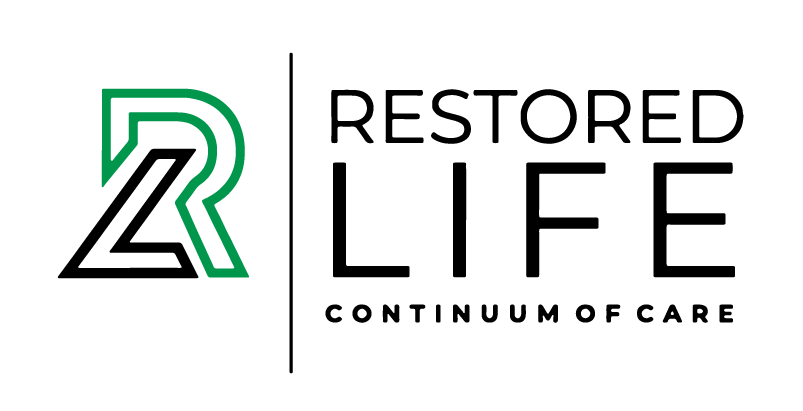Complete the pre-screen form below to initiate the admission process. Our admissions team will contact you shortly.
Related Pages
- Rational Emotive Behavior Therapy (REBT) for Addiction Treatment
- Dialectical Behavior Therapy for Addiction Treatment
- 12-Step Programs for Drug and Alcohol Addiction
- Group Therapy for Drug Addiction Treatment
Cognitive Behavioral Therapy (CBT) & Substance Use Disorders
With over 57.8 million people facing mental health challenges and 46.3 million dealing with substance use disorders, understanding therapeutic options is crucial. Cognitive behavioral therapy (CBT) stands out as an effective approach for those experiencing mental illnesses and substance use disorders.
This article will explore the fundamentals of CBT, how it works, its link to substance use disorders, and how it can support recovery from addiction.
What is Cognitive Behavioral Therapy (CBT)?
Cognitive Behavioral Therapy (CBT) is an evidence-based psychotherapy effective for substance use disorders, co-occurring conditions, and various mental health issues, including:
- Depression
- Anxiety
- Eating disorders
- Bipolar disorder
- Schizophrenia
- Personality disorders
CBT explores automatic thoughts, cognitive distortions, and core beliefs to alleviate distress in patients with mental health or substance use challenges.
Pioneered in the 1960s by psychiatrist Aaron T. Beck, CBT emerged from his observation of distorted thought patterns in depressed patients. He viewed depression as a cognitive disorder, leading to new research that developed CBT. Over the last sixty years, it has gained respect among therapists and psychiatrists worldwide.
What are Cognitive Distortions?
A cognitive distortion is a flawed thought or belief, such as catastrophic thinking, jumping to conclusions, overgeneralization, and polarized thinking. Cognitive Behavioral Therapy (CBT) techniques can help individuals identify these patterns and reframe their thoughts to lessen distress.
How Does Cognitive Behavioral Therapy Work?
Cognitive behavioral therapy (CBT) operates on the idea that psychological issues arise from negative thinking and behaviors. It aims to help patients develop coping skills to manage these thoughts, thereby improving quality of life.
In sessions, therapists adhere to principles such as:
- Building a strong therapeutic relationship
- Continuously assessing progress
- Encouraging a positive outlook
- Focusing on the present
- Promoting collaboration
- Educating about CBT
- Teaching strategies to challenge negative thoughts
- Assigning practical tasks
CBT typically lasts 3 to 6 months and effectively aids patients in changing thinking and behaviors. Therapists help by:
- Identifying distorted thinking
- Understanding behaviors and motivations
- Developing problem-solving skills
- Building self-esteem
They also assist in confronting fears and managing challenging situations.
Cognitive Behavioral Therapy Techniques
- During therapy sessions, therapists use various techniques to enhance Cognitive Behavioral Therapy (CBT), including:
- Thought records, which help patients identify links between thoughts, emotions, and behaviors, allowing for alternative thinking strategies.
- Relaxation techniques like deep breathing and visualization aim to reduce stress and anxiety, helping patients shift to mindful responses in high-stress situations.
- Social skills training improves interpersonal relationships by reducing disruptive behaviors through role-playing.
- Behavioral rehearsal enables patients to practice positive behaviors and assertiveness strategies.
Cognitive Behavioral Therapy & Addiction Treatment
Cognitive behavioral therapy (CBT) has emerged as a widely utilized approach for providers assisting patients with substance use disorders. Within the realm of CBT, various specific therapies are frequently employed in addiction treatment, including but not limited to:
- Motivational interviewing
- Contingency management
- Relapse prevention
- Family therapy
These CBT-based interventions can support individuals in recovery by enabling them to:
- Cultivate intrinsic motivation for change
- Set and achieve their treatment goals
- Recognize and avert high-risk situations that may trigger substance use
- Enhance their relationships with family and friends
Moreover, CBT for substance use disorders aims to diminish cravings for drugs or alcohol by promoting rewards for sustaining sobriety and developing strategies to reduce use and maintain abstinence.
CBT & Addiction Treatment at Restored Life Continuum of Care
If you're facing challenges with drug or alcohol misuse or addiction, it's time to seek the help you truly deserve. Contact our inpatient rehab facility near Indianapolis to connect with one of our skilled and compassionate rehab admissions navigators. They are available to address any questions you might have, including inquiries about using insurance to cover rehab costs and the various levels of addiction treatment we provide.
Call us today at
(765) 780-7689 and embark on your journey toward recovery right now.
You aren't alone. You deserve to get help.
Wabash Recovery is located in Kokomo, Indiana, which is easily accessible from Indianapolis.
Take your next step toward recovery:
✔ learn more about our addiction treatment programs.
✔ see how popular insurance providers such as Aetna or BlueCross offer coverage for rehab.
✔ view photos of our facility.


